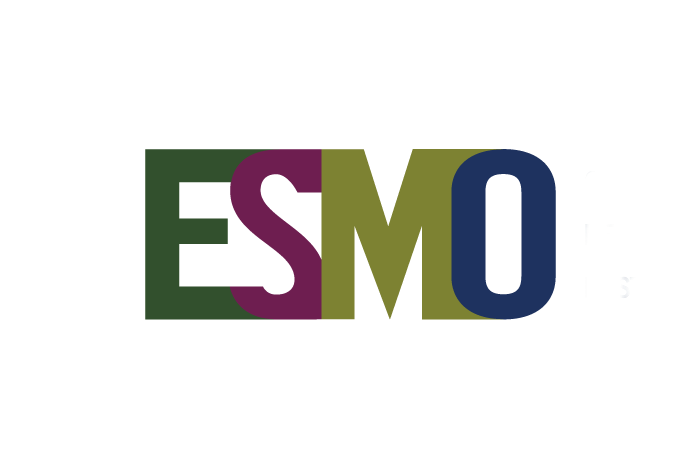Share this Page:
The phase 2 KEYNOTE-B61 study was presented at the recent European Society of Medical Oncology (ESMO) congress in Paris last weekend. The study showed that the combination of pembrolizumab and lenvatinib showed promise as a first treatment for people with non–clear cell renal cell carcinoma (RCC).
There were 147 patients in the study, 82 of whom were used in this analysis. After an average follow-up of 8.2 months 47.6% responded to treatment with their cancer shrinking. There were 3 complete responses (3.7%) where the cancer disappeared completely, and 36 partial responses (43.9%). The disease was controlled in 79.3% of patients (this included stable disease). Progressive disease occurred in 11% of patients.
The average time to response was 2.8 months. After 6 months, nearly 90% of patients survived, and in 72.3% of patients the disease did not get worse.
The side effects were as expected from previous clinical trials. Overall, 86.4% of patients experienced a treatment-related side effect, the most common being high blood pressure, diarrhoea and low thyroid activity. Just over a third of patients had serious or life-threatening side effects and there were no deaths related to treatment.
These results are particularly encouraging given the high unmet need for a treatment for patients with non-clear cell RCC.















